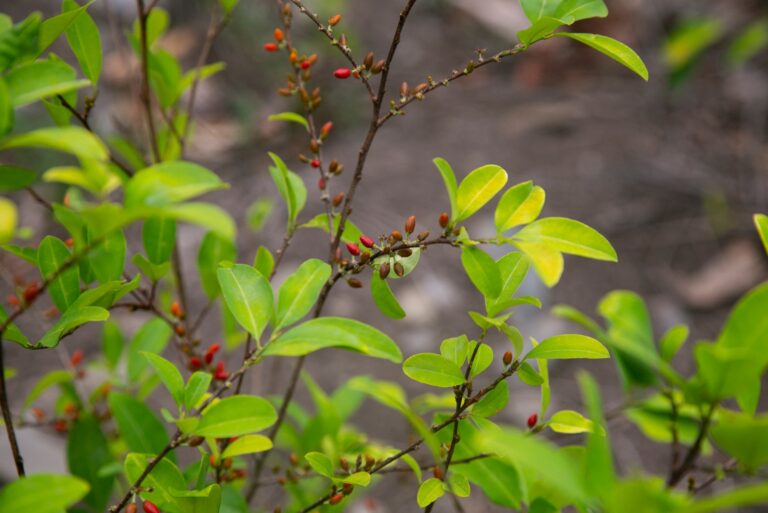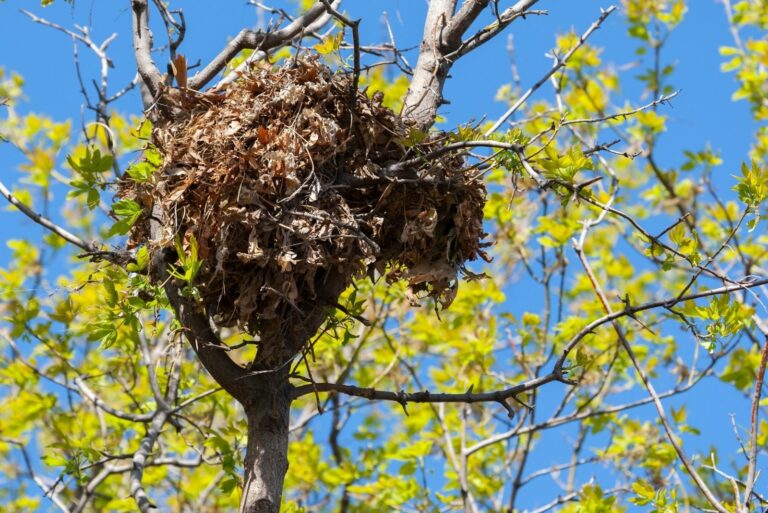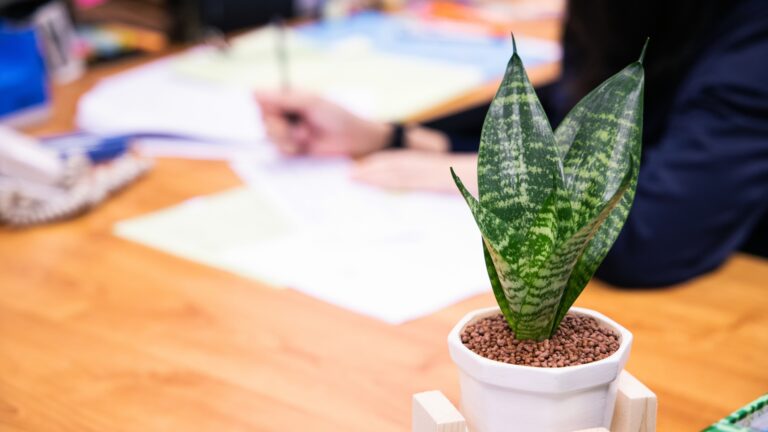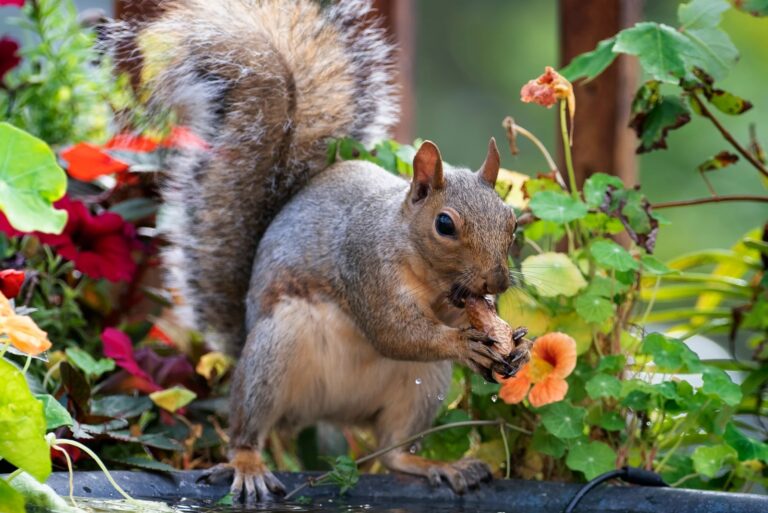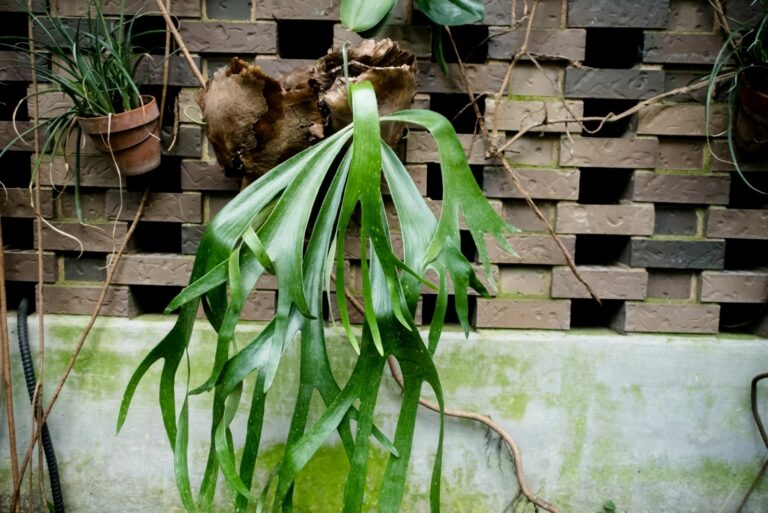12 Plants That Georgia Gardeners Rely On To Keep Rats Away
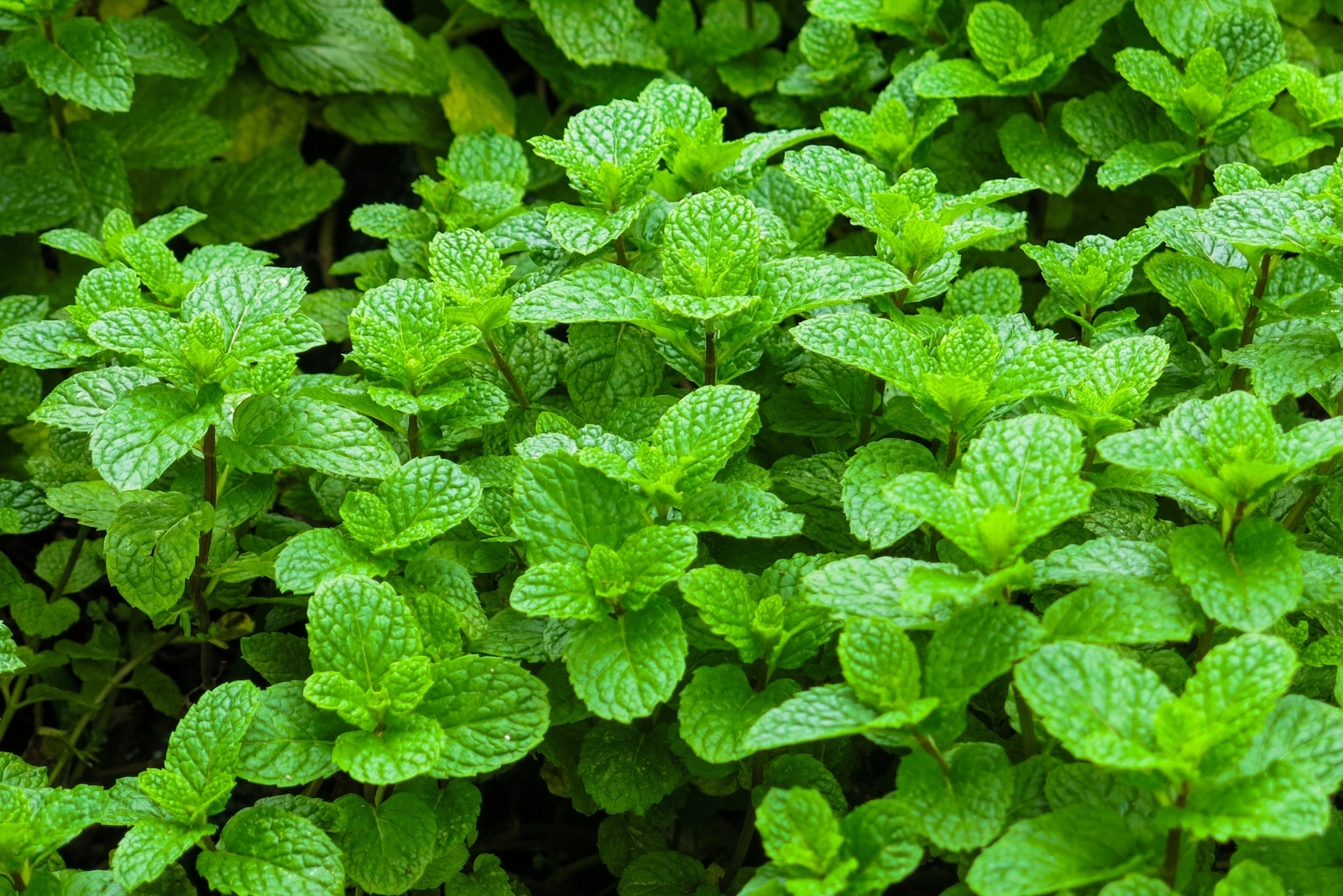
Rats can be a persistent problem in Georgia gardens, but certain plants make it harder for them to settle in. These 12 plants are favorites among local gardeners for keeping unwanted visitors at bay.
I’ve tried a few myself, and they really do help reduce those pesky encounters. Plant some of these and give your garden a natural shield against rats.
1. Mint
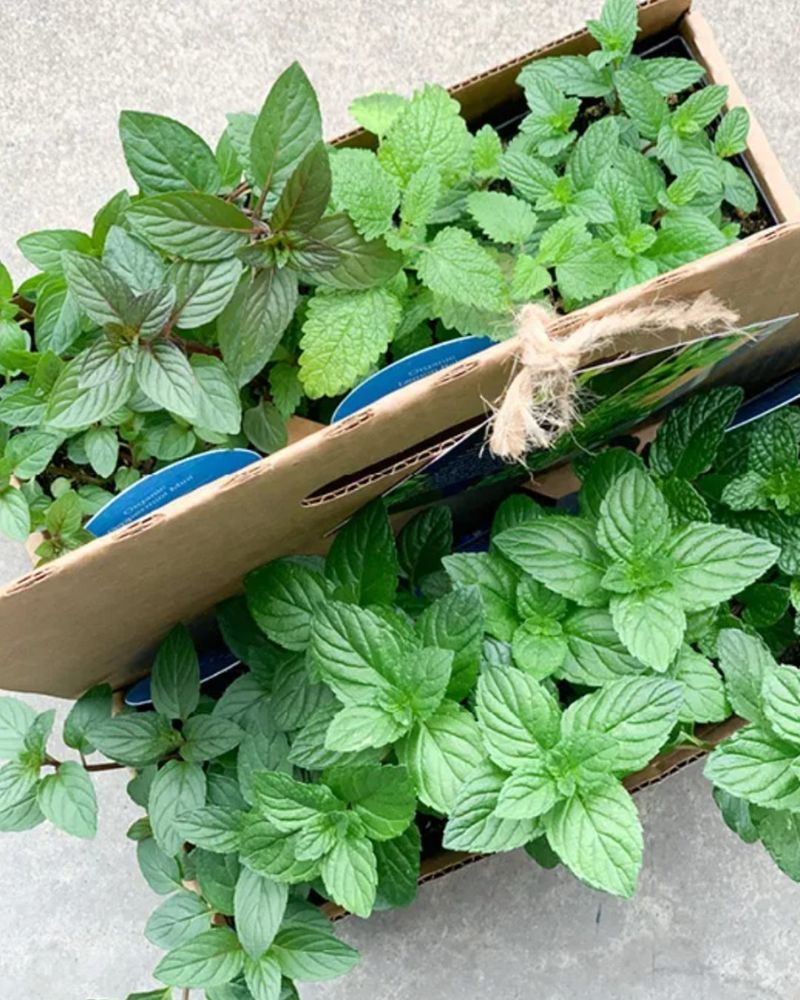
The strong aroma that makes mint perfect for mojitos drives rats absolutely crazy! Georgia gardeners often plant it along fence lines as a living barrier.
Just remember that mint spreads aggressively in the Peach State’s warm climate, so consider growing it in containers to prevent garden takeovers.
2. Lavender
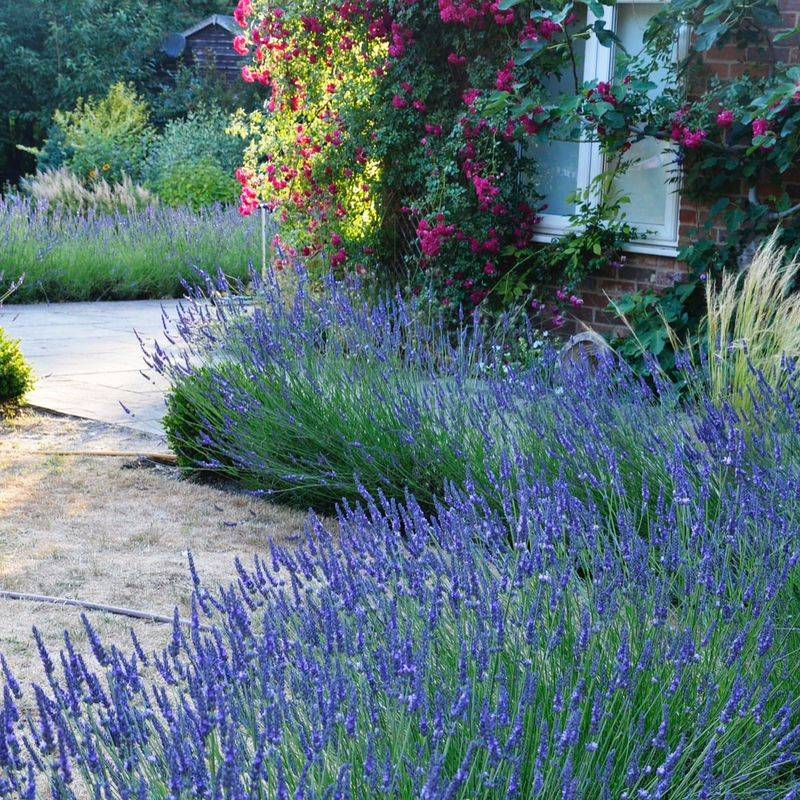
What smells heavenly to us sends rodents running in the opposite direction. Many Georgia homeowners plant lavender bushes near entry points where rats might try to access their homes.
The plant thrives in the state’s sunny conditions and requires minimal water once established, making it a practical choice for busy gardeners.
3. Rosemary
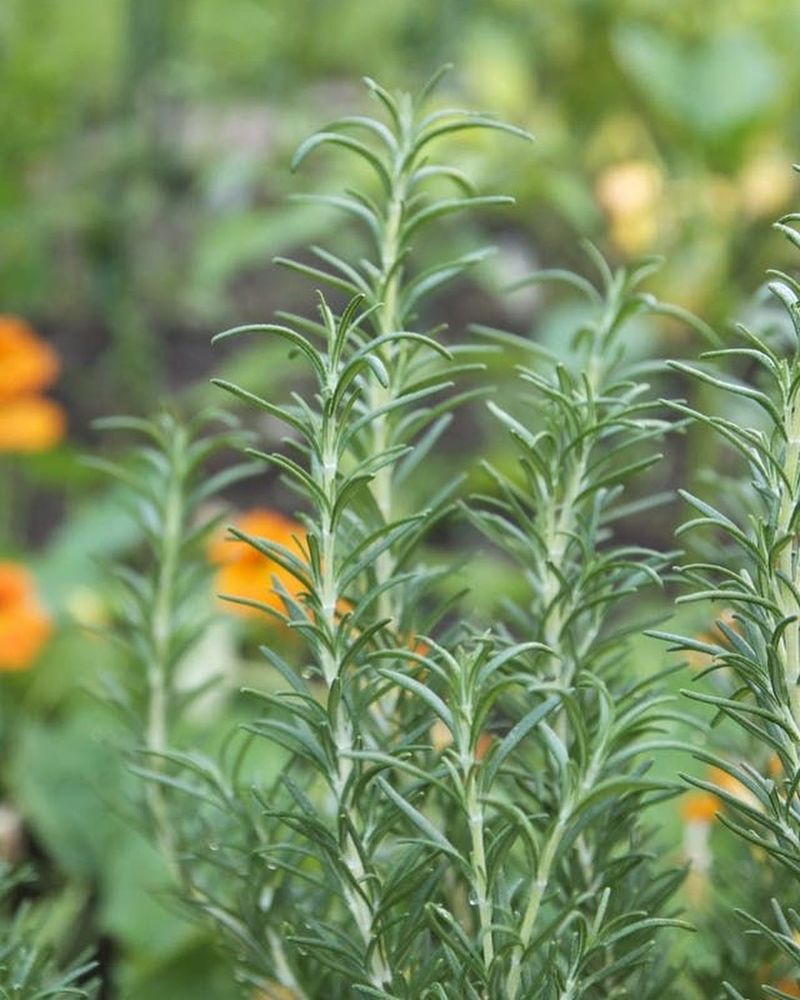
Not just for seasoning your roast chicken! This woody herb produces oils that rodents find deeply offensive. Georgia’s climate provides perfect growing conditions for this Mediterranean native.
Many gardeners throughout the state create protective borders around vegetable patches using rosemary, enjoying both its culinary benefits and pest-repelling properties.
4. Sage
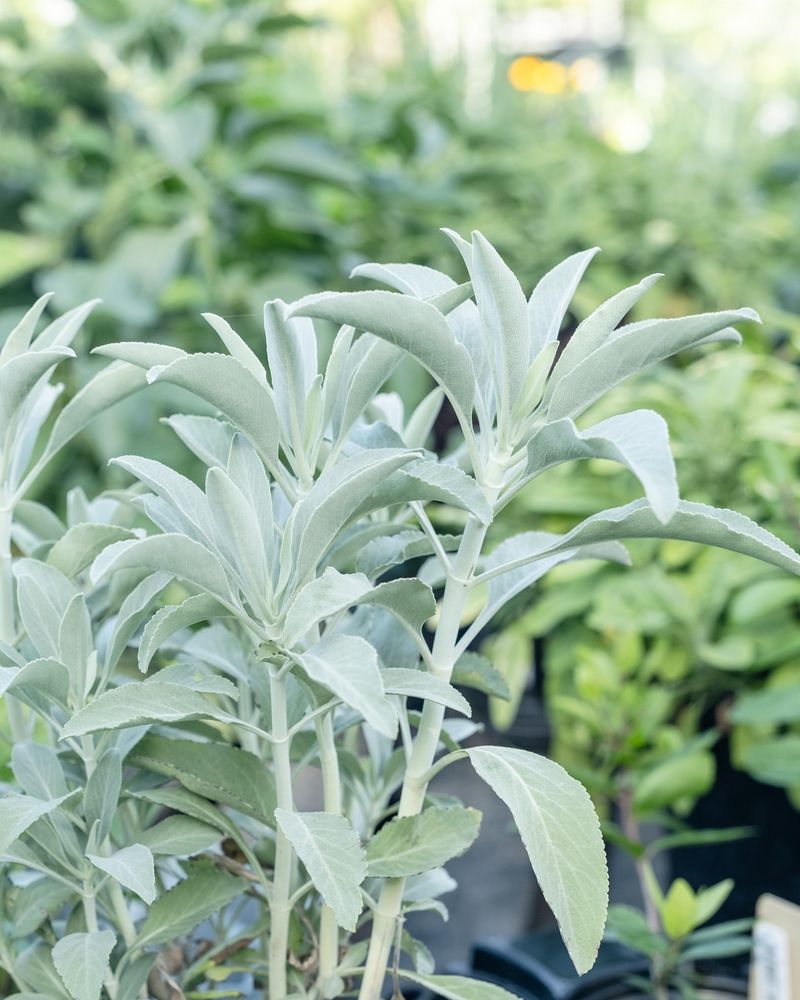
The fuzzy leaves and strong scent make sage a natural rodent deterrent. Georgia gardeners often incorporate this herb into flower beds or vegetable gardens where rats might otherwise feast.
Beyond keeping pests away, sage adds beautiful silver-green foliage to the landscape and attracts beneficial pollinators throughout the state’s long growing season.
5. Daffodils
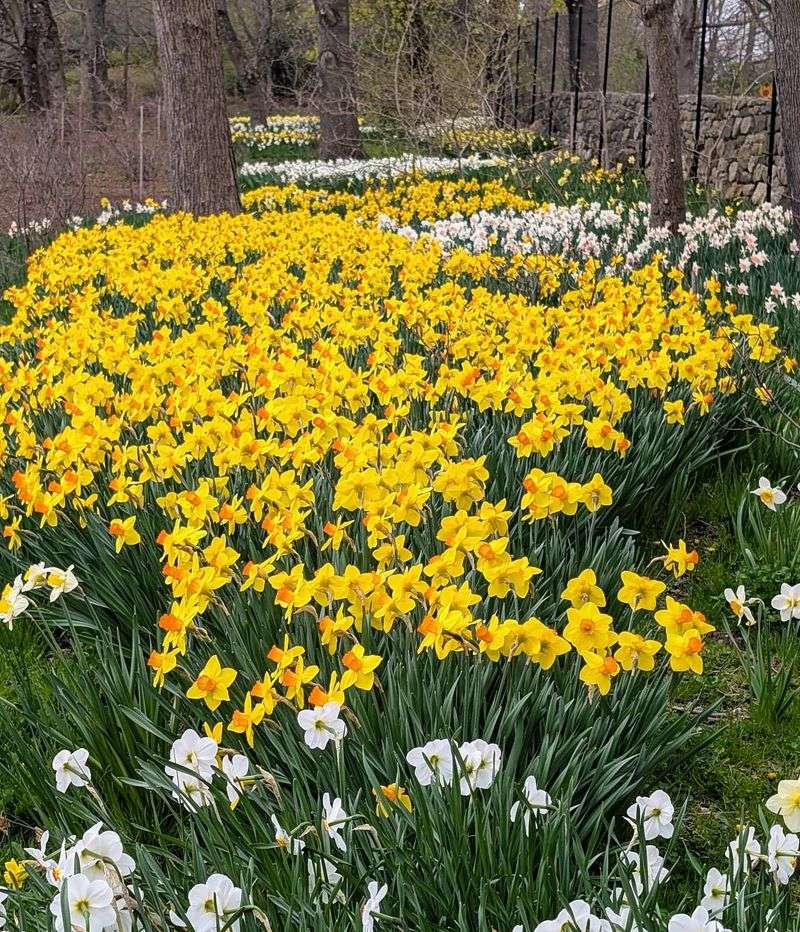
These cheerful spring flowers harbor a secret weapon against rodents – toxic bulbs that rats instinctively avoid. Their bright blooms bring early color to Georgia gardens while providing invisible protection.
Smart gardeners across the state plant daffodils around the perimeter of their properties, creating a beautiful yet effective barrier that returns year after year.
6. Garlic
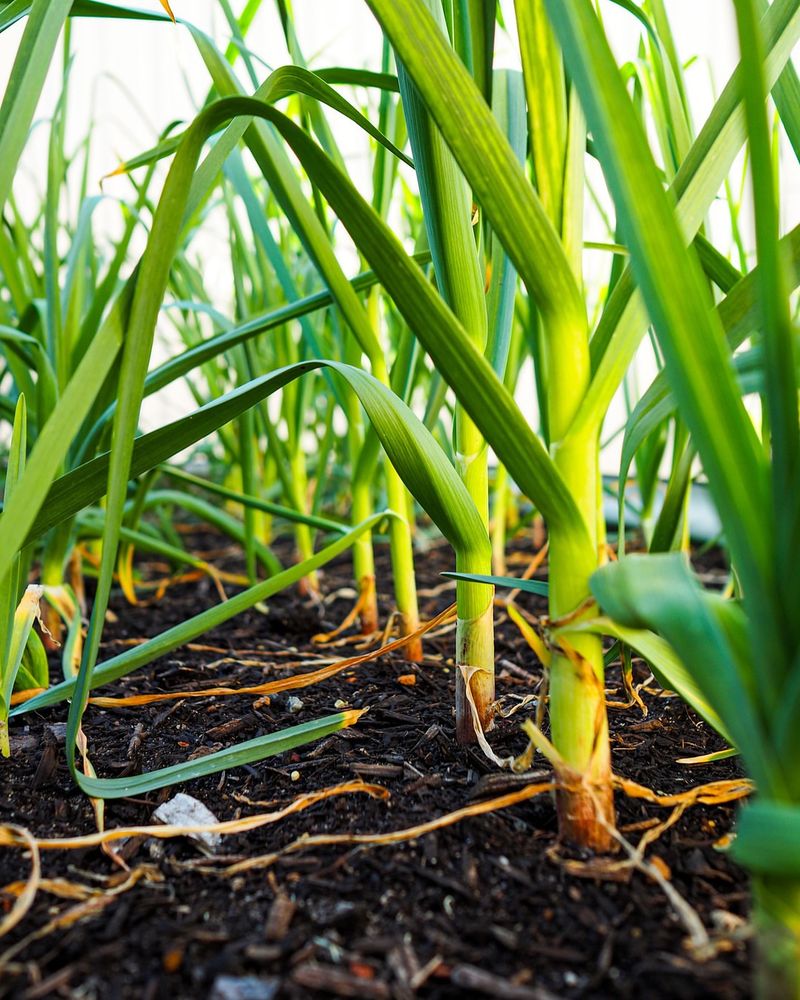
The pungent aroma that flavors your favorite dishes works wonders for keeping rats at bay. Georgia gardeners often plant garlic cloves in fall for a double harvest of pest protection and culinary treats.
The sulfur compounds that give garlic its distinctive smell penetrate the soil throughout the state’s mild winters, creating an underground defense system.
7. Marigolds
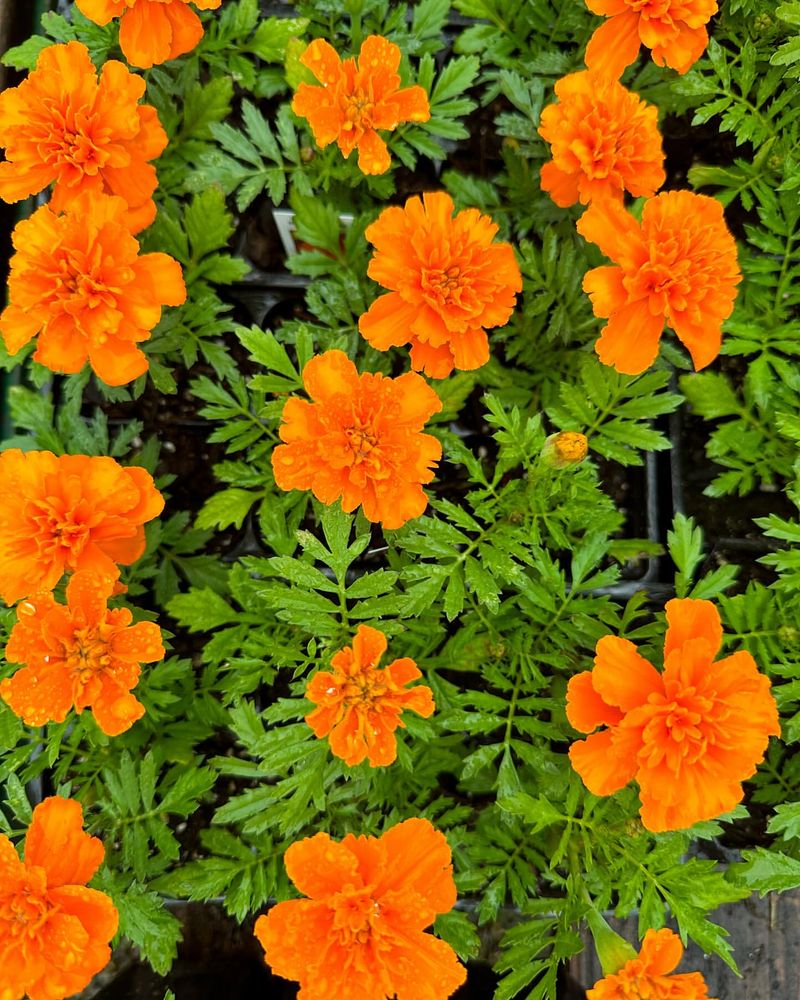
Their bright blooms bring more than just color to Georgia gardens! Marigolds produce a scent that confuses and repels rats searching for food sources. The flowers thrive in the state’s hot summers.
Many experienced gardeners plant these golden defenders around vegetable patches and near home foundations, creating a cheerful barrier that works around the clock.
8. Catnip
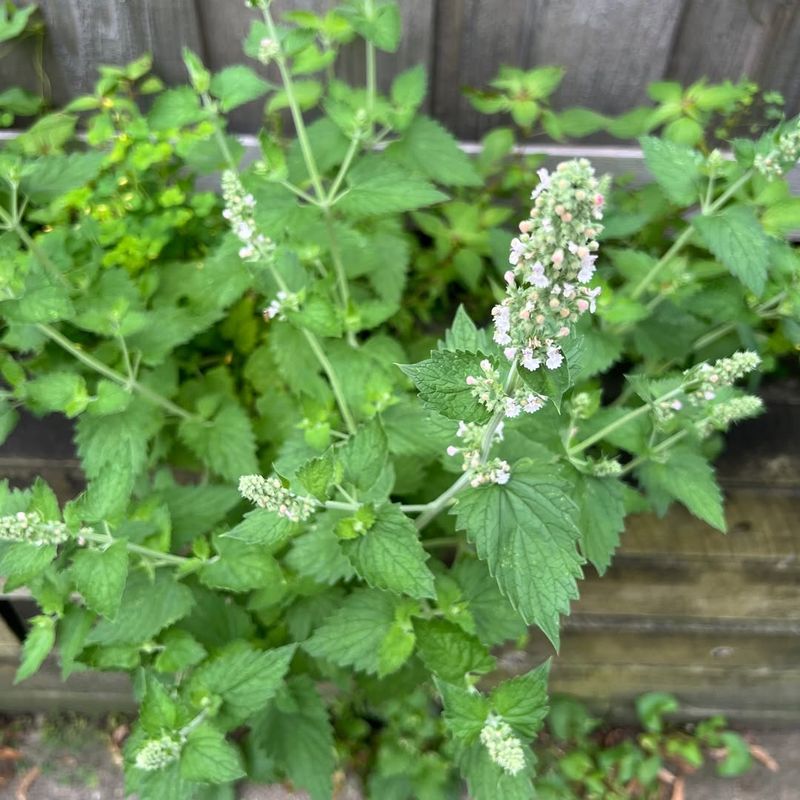
While it drives cats wild with delight, catnip sends rats running for cover. The nepetalactone oil that gives this mint family member its power grows potent in Georgia’s humid climate.
Local gardeners strategically place catnip plants in areas where rat activity has been spotted, sometimes even using dried leaves in problem spots around their property.
9. Onions
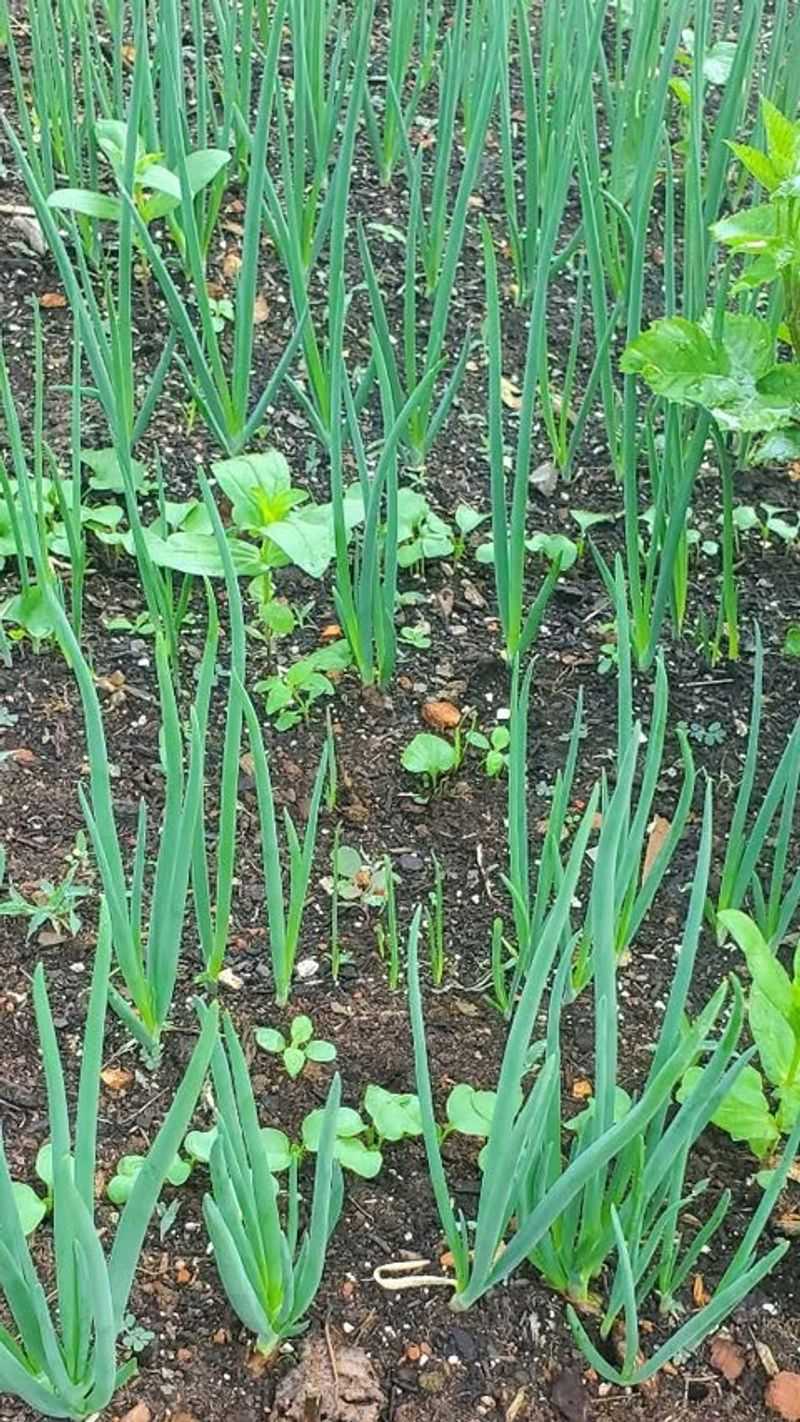
The same compounds that make your eyes water when chopping onions create an invisible force field against rodents. Georgia’s growing season allows for fall-planted onions that mature by late spring.
Savvy gardeners throughout the state interplant onions with vulnerable crops, creating a protective barrier that doubles as a kitchen staple.
10. Euphorbia
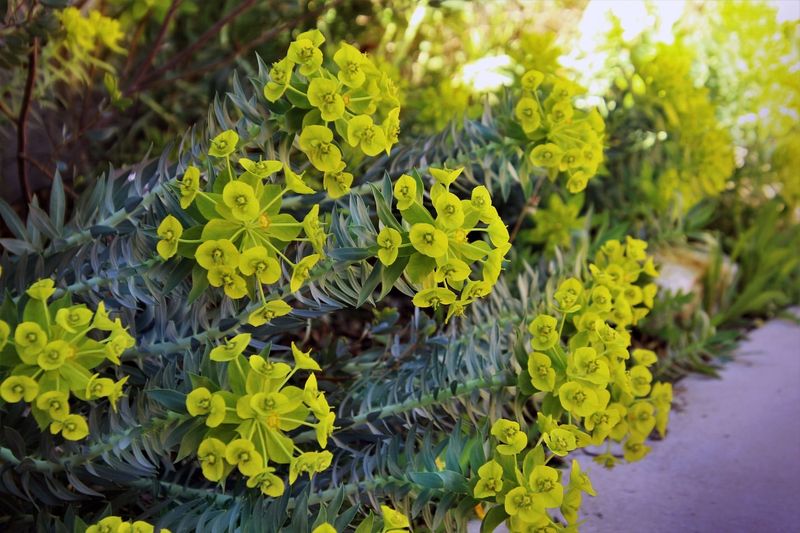
The milky sap that flows through euphorbia plants contains irritating compounds that rats avoid at all costs. These architectural plants add structure to Georgia gardens while working as silent sentinels.
With dozens of varieties that thrive in the state’s climate, from low-growing ground covers to dramatic vertical specimens, there’s a euphorbia for every garden style.
11. Wormwood
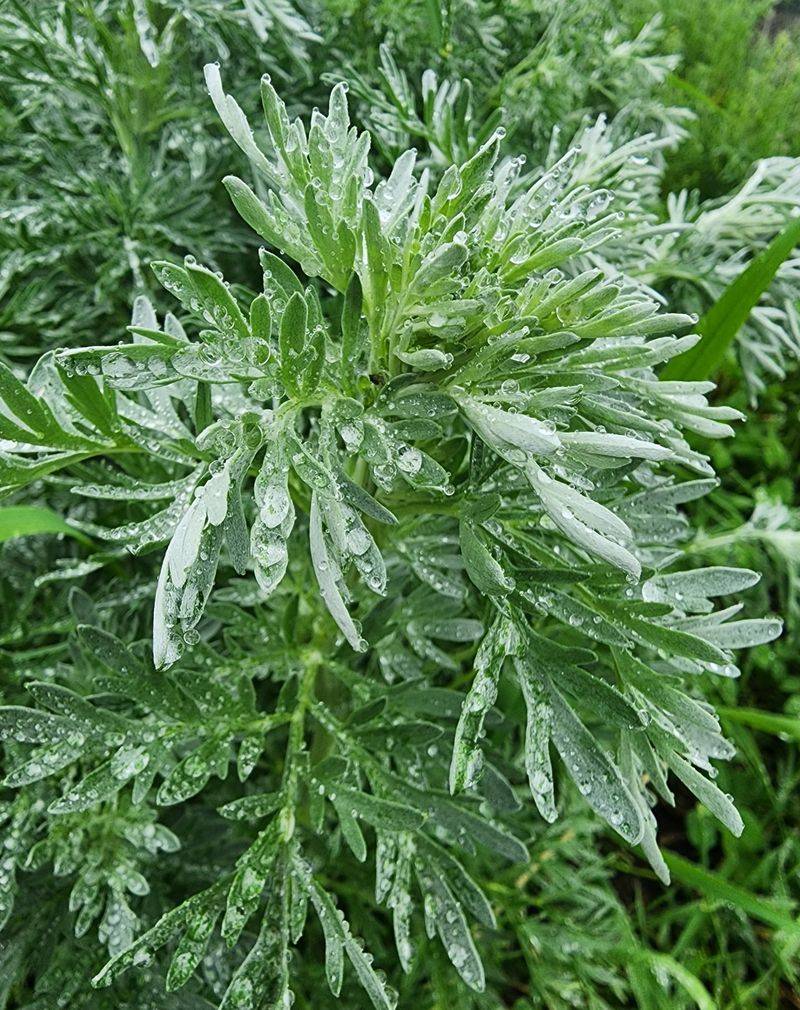
Known for its role in making absinthe, wormwood contains intensely bitter compounds that repel rats effectively. Its silvery foliage adds beautiful contrast in Georgia garden beds.
The plant’s natural oils work especially well in the state’s humid conditions, releasing stronger scents that create an aromatic barrier rodents refuse to cross.
12. Pennyroyal
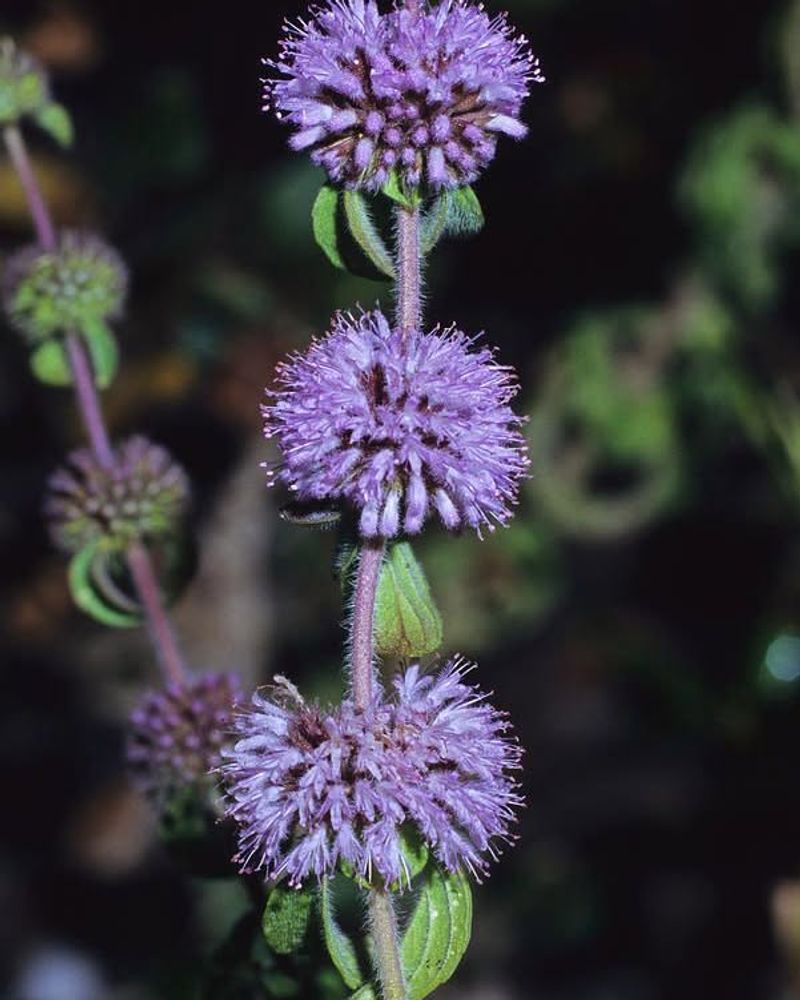
A member of the mint family with powerful pest-repelling properties, pennyroyal creates a carpet of protection. Georgia gardeners use it as a ground cover in problem areas where rats frequently travel.
The plant spreads readily in the state’s favorable growing conditions, quickly establishing a fragrant barrier that keeps unwanted visitors from making themselves at home.

